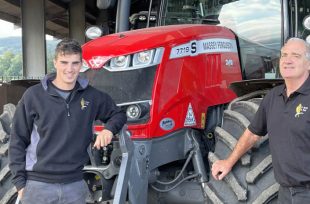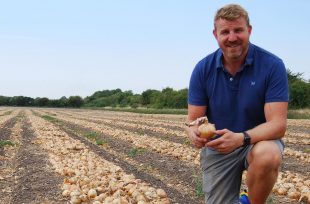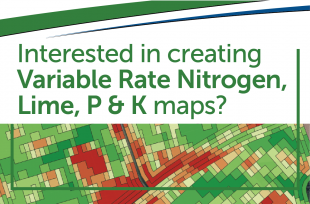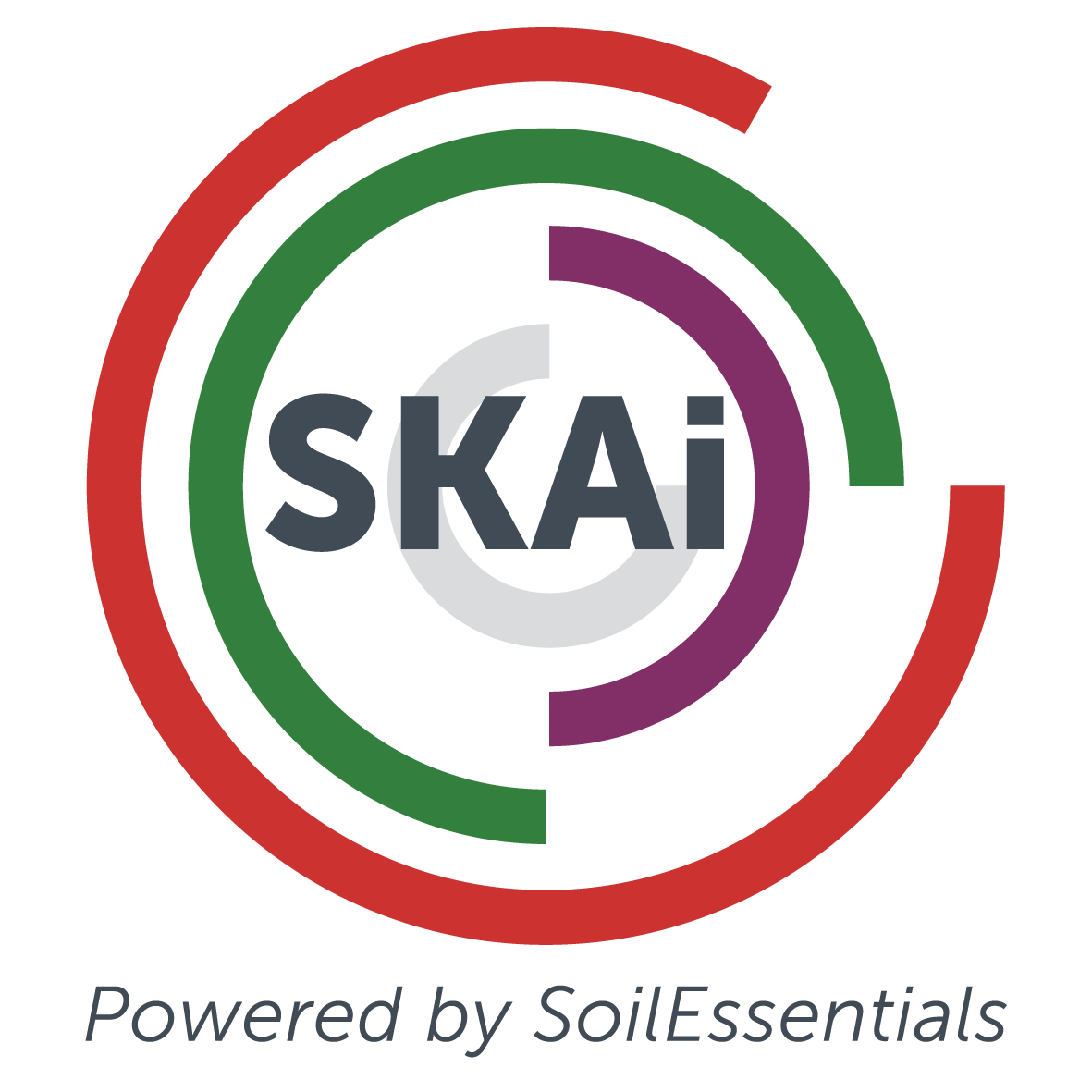When we first started using autosteer we used to notice the “unnaturally” straight tramlines done by autosteer. Now autosteer is normal your eye is caught by the manually steered tramlines. This has only taken around 10 years.
The next big change is coming. The slow evolution in agricultural technology from hand labour to hand and animal labour, to hand and tractor, is about to take its next, inevitable step.
We have all seen the “robots” that won’t get further than the wet hole at the field gateway, but this time it’s different. Practical autonomous tractors are finally here. It will take another few years for them to be in everyday, common use, but the journey has started. Like everything else, there are pros and cons, good and bad.
Field work, weeding, fruit and vegetable picking, and crop grading are all operations that are ideally suited to autonomous vehicles with machine vision and their adoption over the next 10 years is as inevitable as was the replacement of horses by tractors.
This advance doesn’t come without risks and safety must be paramount. It’s the main reason why this has taken until now to become practical as existing tractors with autosteer and headland management systems have been capable of working a field by themselves for some time.
At the Highland Show we displayed our vision of one of the key pieces of this next step. Built by professional agricultural engineers the Agbot by AgXeed is designed to work autonomously with existing implements.
Smaller, lighter, simpler vehicles working round the clock with repeatable accuracy and job consistency while filling labour gaps and upskilling people offer one solution to the concerns growers have over soil health and labour supply. Autonomous vehicles also enable the move towards smarter, targeted applications which are essential if we are to meet public demand to reduce crop inputs.
Of course, this step hasn’t been achieved in isolation. GNSS, artificial intelligence, machine vision, mobile data connectivity and cloud computing are all key components of this success. Autonomous cars are driving this innovation and agriculture is seen as a good example to start with.
Many existing implements have sensors to monitor job quality and implement performance while working and the latest ISOBUS standard called Tractor Implement Management (TIM) allows the implement to control certain tractor functions. With TIM the autonomous vehicle and implement work together as an integrated machine where the implement monitors job quality and performance.
Linking an autonomous vehicle and implement to a software platform will inevitably automate crop, vehicle and implement data collection and collate it in one place. One of the main barriers to the use of precision agriculture has been that much of the information either hasn’t been collected, is on different software systems or involves a human. Many of these limitations will disappear and data collection, storage and analysis will be automated and simplified allowing easier crop, implement and vehicle performance assessments.
But for every benefit there is also a threat. The same data collected and paid for by the grower can now be aggregated over all businesses much more easily by the multitude of companies who want to analyse the performance of their particular product and charge appropriately. Most crop input, agronomy and machinery companies have developed their online platforms over the last 10 years with the expectation that this new flow of information will provide them with leverage and income as their traditional business models decline. The hardware model is also likely to change radically. Will you buy an autonomous tractor? Or pay per hectare or per hour with a “tractors as a service” offer? Combine that with an advice package from an input manufacturer and you have “farming as a service” with the income currently spent locally on labour and equipment now being spent directly with manufacturers.
As we move into this new world of autonomous vehicles its more important than ever to ensure that the economic, political and agronomic value remains in growers’ hands. On an optimistic note, growers could use these new tools to reclaim some of the retail value they have lost by autonomous vehicles picking and packing in the field or processing in the farm store, online grocery ordering systems and ground or air drone delivery and you could have an effective model for the farmer to retail directly to the householder.
This, then, is the true challenge that autonomous tractors will bring over the next 10 years. Get it right and we can look forward to improving efficiencies, better quality of life and more precise application of crop inputs with a direct connection to the retail customer. Get it wrong and farmers will lose ever more influence, power and knowledge to the upstream and downstream supply chain.
It won’t be easy, but autonomous vehicles are a disruptive technology that gives growers a unique opportunity to influence the direction of travel and regain some independence and market power. Let’s hope we are ready for their arrival because, as more than one person said at the Highland Show “This has to be the way ahead.”

18 August 2022 Latest from the Directors

Featured Case Study
Angus Bryce, D Bryce & Sons
Find out more
Featured Case Study
Tim Young, JS Young Farms
Find out moreSave on costs by targeting your inputs to soil types and conditions.
Use our precision farming platform, eligible under the new SFI scheme in England!
Find out moreUse KORE, our independent precision farming platform to improve your client management, increase efficiency and enhance your agronomy and soil sampling services.
For more information call the office on 01356 650459 (option 1) or Ed on 07425 338545.

For XCN, GFX, NAV 900 and other Trimble RTX displays
Renew your RTX subscription from £260pa*
Find out moreIf you're feeling the winter blues about your RangePoint RTX renewal, warm up with a new subscription from only £260 pa*
SoilEssentials are your longstanding, independent Trimble authorised dealer in Scotland and Northern UK.
To renew your RangePoint RTX subscription call the office on 01356 650459 (option 1), Rod on 07824 617153 or Bob on 07827 480056.
*Ts&Cs apply. Price applies to a 5-year upfront contract. Open to all RTX customers.











